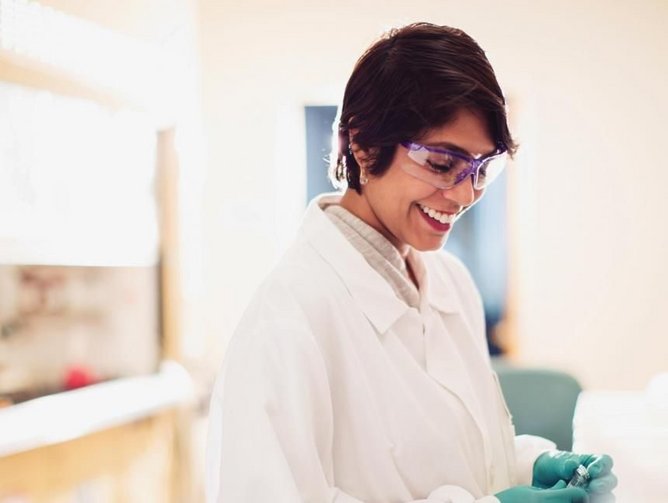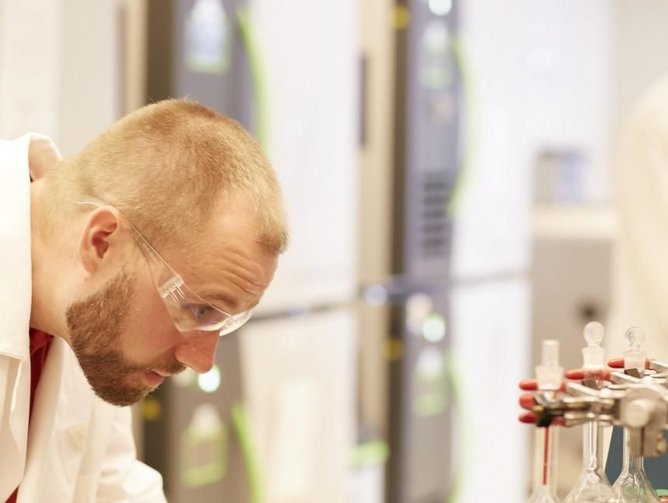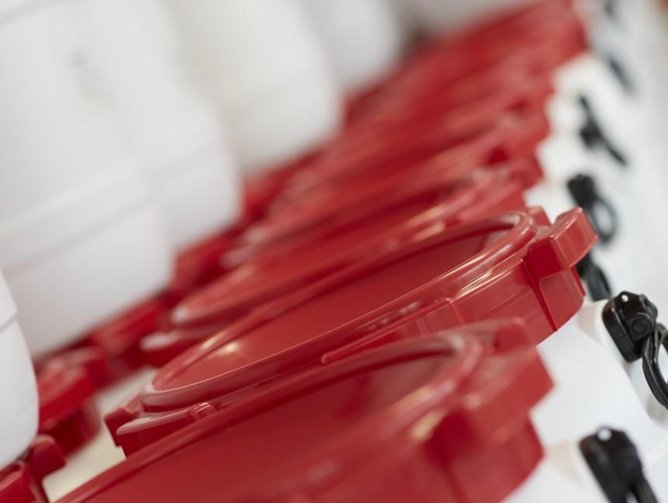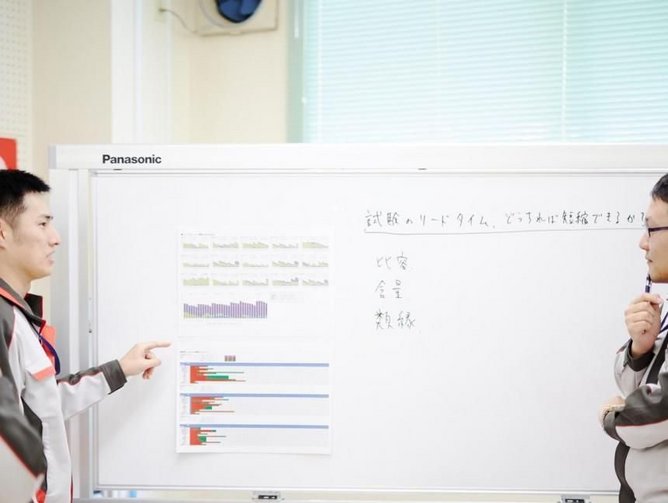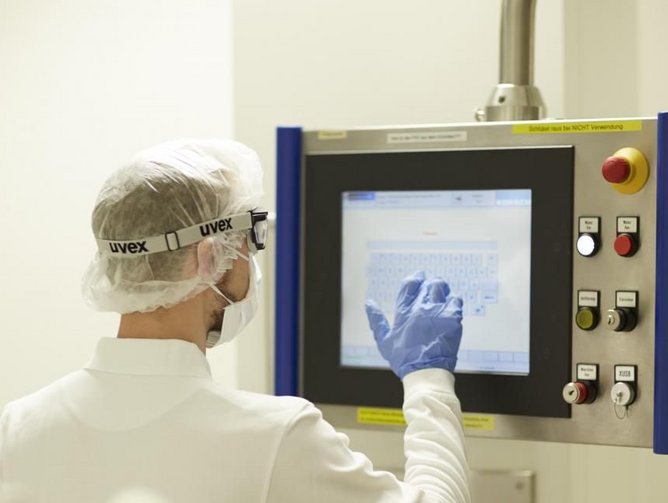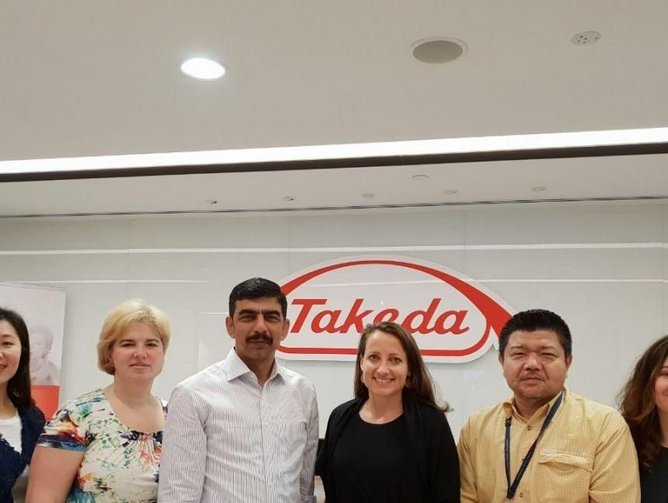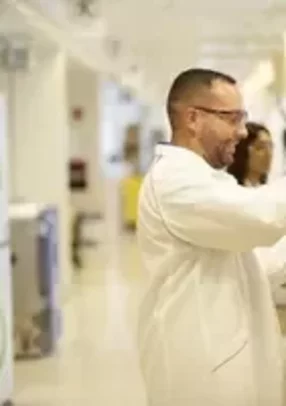How Takeda’s procurement transformation has laid the foundation for medical breakthroughs
No company survives 237 years without a degree of forward thinking. For Japanese pharmaceutical firm Takeda, this has been no more apparent than in the past four of these years.
An institution in Japan, Takeda’s rich journey spanning more than two centuries has exponentially gathered pace during the last decade thanks to a series of acquisitions. However, in order to make such growth sustainable for the long term, CEO Yasuchika Hasegawa decided in 2014 that a new, globalised approach was required.
Fast-forward to 2018, and a centralised procurement function is responsible for more than $6bn of Takeda spend – the engine room driving the company’s expansion in existing and new markets.
Bernadette Maier is Takeda’s Head of Procurement for Emerging Markets. Based in Singapore, she joined the firm in December 2016, lured by a combination of a legendary heritage and the chance to play a leading role in new market entries.
Her mission? To utilise and develop Takeda’s post-transformation procurement setup and generate value for both business and patient.
“The vision which goes across all Takeda procurement is really being inspired by the patients we serve,” she says. “The function really is working in partnership, and I think that is the key word here. We are working in partnership to create competitive, sustainable procurement capable of delivering exceptional value for Takeda and improving the lives of patients.”
A root and branch transformation
The work undertaken prior to Maier’s arrival laid the foundation that she works from today.
Before 2014, Procurement was organised in seven fragmented silos which individually held little strategic influence in the company as a whole and only delivered minor cost savings per annum (approximately $60mn).
In just two years, owing to a concerted effort unanimously backed by company leaders, Takeda’s procurement function transformed into a global, category-based organisation which now holds a place at the top table of decision making.
Maier highlights the importance of a partnership culture, driven by teams which work collaboratively to achieve goals.
“In the past I think we were very much transactional and operational orientated,” she explains. “We were busy with our internal activity rather than being there with our business partners, at the table early on to see what their needs are and understanding what they need to be successful.
“We also needed to be speaking their language. I think this is the key that we have now – a procurement team on the ground who also understand our business partners' language.”
This holistic approach has already reaped reward to the tune of almost $1bn in savings made in the financial years 2014-2017, with Takeda awarded a Procurement Leader’s World Procurement Award for Internal Transformation.
For Maier, now is the time to stabilise and build on this success. “A lot of people tend to forget how important stability is. There is a balancing act we need now, especially when it comes to emerging markets like Russia and China.
“Another key challenge and priority is making sure we win the battle for talent. We want to be recognised as a very attractive employer, with Procurement seen as an attractive place to be.
“Finally, the fundamentals. The core is that we deliver value and, ultimately, enable the growth and research and development we need in order to benefit the lives of our patients. It all goes back to the patient again.”
Trust and talent
Maier’s leadership revolves around a strong faith in her team of 23 professionals based in various sub-regions on the frontlines of delivery. Whether in Sau Paulo or Dubai, she has empowered her leadership to make decisions for the best interest of the business and end user.
Many of these regional leaders are fellow women, another cultural feature that makes Takeda stand out in the realm of procurement. Across the whole Procurement organisation there is a 50-50 male to female leadership split.
“From a recruitment point of view, it is attractive to see that women can develop a career here in Procurement, “says Maier. “There is space for women, which I think also makes Takeda a very successful brand. We don’t have that problem you see in so many industries where the higher up you go, the fewer women you see.”
Maier has just returned from Boston in the US where she helped lead a procurement talent workshop for the company. Succession planning is a key part of her job in ensuring that Takeda attracts and keeps hold of valued staff, and the ability for employees in Procurement to travel and take on special projects helps make it an attractive organisation to work for.
She also elaborates on Takeda’s ‘Procurement Academy’: “This is our internal learning programme, an online portal for all procurement employees. There are around 100 different programmes, from negotiation training to finance programmes for procurement. So, whatever their needs are, they can tap in.”
An innovation foundation
Technology is another important draw for Procurement employees, according to Maier.
A vital element of company’s the 2014-2016 procurement transformation was the introduction of a new suite of technology which underpins the centralised model, with self-service tools being a key feature. Communications have also been transformed, with channels such as Yammer, e-newsletters and video all utilised to boost engagement across the company’s 350 procurement professionals.
“We recently launched a ChatBot, “TakiSan”, for Takeda Procurement,” Maier adds. “This ChatBot is learning our languages. It's learning how to identify cost-packages on accounts in order to answer questions from the business. We are very much looking into what artificial intelligence can mean for us in the future."
“We also have large projects going on to harmonise our system landscape we have in place. For example, we are really strong on the use of Ariba. All of this shows me that I'm in the right place with my leadership team, with my peers, having this vibrant conversation on the impact of Procurement going forward.”
The importance of Takeda’s procurement function cannot be understated when it comes to the firm’s pioneering output of medical treatments.
Maier cites Takeda’s recent efforts with its dengue vaccine candidate, which remains a key area of focus to help tackle this significant mosquito-borne viral disease that threatens 40% of the world’s population.
And it is this end output and potential to transform lives that ultimately motivates Maier on a daily basis.
“Looking at emerging markets, there are so many patients out there who need our products. I strongly believe that Takeda can bring great things to the patient and to society, and this why I am excited daily to work here,” she concludes.
